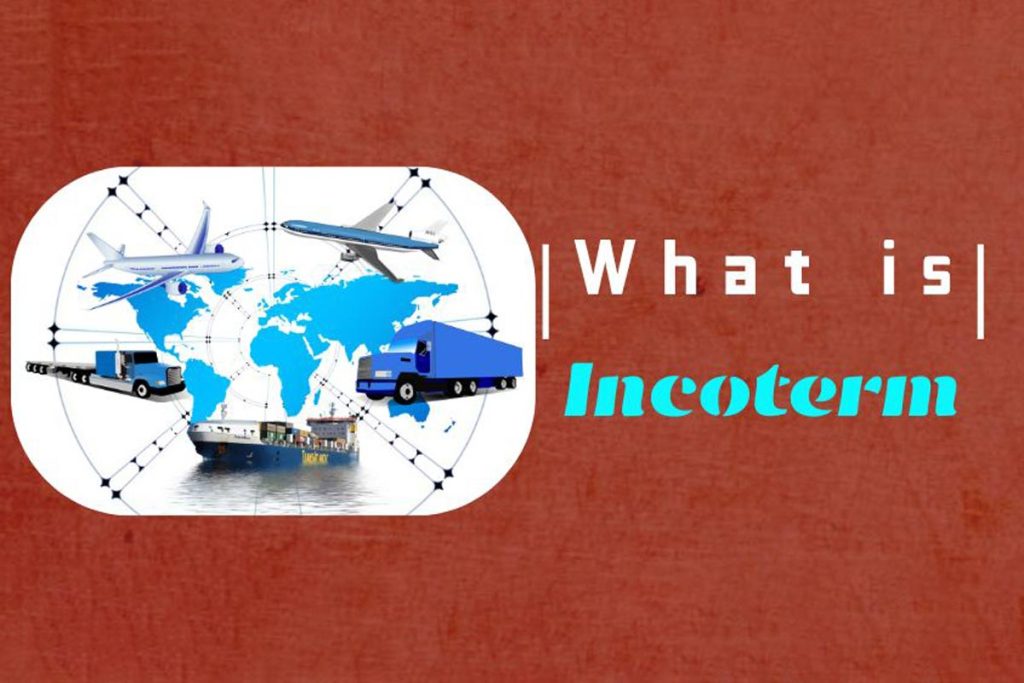Incoterms, short for International Commercial Terms, are a set of standardized trade terms that define the responsibilities of buyers and sellers in international transactions. Established by the International Chamber of Commerce (ICC), these terms clarify who is responsible for various aspects of shipping, such as transportation costs, risk of loss, and customs duties. Understanding Incoterms is crucial for businesses engaged in global trade, as they help prevent misunderstandings and disputes between trading partners. The latest version, Incoterms 2020, includes updates that reflect changes in global trade practices. This article will explore what Incoterms are, their significance, and how to choose the most appropriate terms for your specific shipping needs, ensuring smoother transactions and better risk management in international logistics.

Incoterms originated in 1936 to facilitate international trade by providing a common set of rules that clarify the responsibilities of buyers and sellers. They serve as a universal language in commerce, minimizing confusion over terms and reducing the risk of disputes. The 2020 edition, the most recent, comprises 11 terms that are categorized based on the mode of transport and the responsibilities involved. Each term outlines specific obligations for both parties, detailing aspects such as delivery points, cost allocation, and risk transfer. For instance, some terms require the seller to handle all logistics until the goods reach a designated location, while others place more responsibility on the buyer. By understanding and correctly applying these terms, businesses can navigate the complexities of international shipping more effectively and establish clearer agreements with their partners.
Incoterms are categorized into four groups based on the responsibilities and obligations of buyers and sellers. Here’s a detailed overview of each term:
Each of these Incoterms is designed to clarify responsibilities, ensuring that both parties understand their obligations in the shipping process.
Selecting the right Incoterms for a transaction is crucial, as it impacts the responsibilities, risks, and costs involved. Here are key factors to consider when making this decision:
The nature of the goods can influence which Incoterm is most suitable. For fragile or high-value items, terms that provide more seller responsibility and risk management, like CIF or CIP, may be preferable.
Different Incoterms apply to various modes of transport. For instance, terms like FOB and CIF are specifically used for maritime shipping, while FCA and DAP can be used for any mode, including air and land transport. Understanding the logistics involved is essential.
Consider how responsibility for transportation, insurance, and customs duties will be allocated. If a seller has better logistics capabilities, terms like DDP may benefit them. Conversely, buyers with established networks might opt for EXW.
Evaluate the capabilities and resources of both parties. If the buyer has strong logistical operations, they may prefer terms that transfer more responsibility to them, such as FCA or EXW. On the other hand, inexperienced buyers might prefer terms that minimize their risk.
Different countries have varying legal frameworks and customs regulations. It’s important to choose Incoterms that comply with local laws and facilitate smooth customs clearance. Consulting with legal or trade experts can help avoid potential pitfalls.
By carefully analyzing these factors, businesses can select the most appropriate Incoterms, ensuring clarity in their international transactions and minimizing the risk of disputes.
To illustrate how to choose the right Incoterms, consider two practical examples involving different modes of transport.
A company exporting electronic goods via air freight might opt for CPT (Carriage Paid To). This term allows the seller to handle the logistics and costs of transporting the goods to the airport while transferring the risk once the goods are handed over to the airline. This arrangement provides peace of mind for the buyer, who can focus on import duties and customs clearance at the destination.
In contrast, a business shipping bulk commodities by sea may choose FOB (Free On Board). This term places the responsibility on the seller to load the goods onto the vessel, transferring risk to the buyer once the cargo is on board. This is advantageous for the buyer, who can select their preferred shipping line and manage insurance independently.
Both examples highlight how specific shipping needs and operational capabilities influence the choice of Incoterms.
When selecting and applying Incoterms, businesses often encounter pitfalls that can lead to costly misunderstandings. Here are some common mistakes to avoid:
One frequent error is failing to fully understand the responsibilities defined by the chosen Incoterms. For example, a seller might assume that using EXW means they have no further obligations, while the buyer may expect them to assist with loading. Clear communication is essential to avoid such misconceptions.
Selecting an inappropriate Incoterm can lead to unexpected costs and risks. For instance, using DDP when the buyer is unfamiliar with local customs procedures can create complications. It’s vital to assess the specific context of each shipment before deciding.
Another common mistake is overlooking local regulations or customs procedures that may affect the transaction. Different countries have distinct requirements that could impact logistics and compliance. Consulting with local experts can help navigate these complexities.
By being aware of these potential pitfalls, businesses can better navigate the intricacies of international shipping and make informed decisions regarding Incoterms.
Understanding Incoterms is essential for anyone involved in international trade. These terms provide a framework that clarifies the responsibilities of buyers and sellers, helping to prevent misunderstandings and disputes. By carefully analyzing factors such as the type of goods, mode of transportation, and the capabilities of both parties, businesses can select the most appropriate Incoterms to suit their needs. This not only facilitates smoother transactions but also enhances risk management in global logistics. As international trade continues to evolve, staying informed about Incoterms and their implications will be vital for successful business operations.
For further reading and resources on Incoterms and international trade, consider the following:
By leveraging these resources, businesses can deepen their understanding of Incoterms and improve their international trading practices.